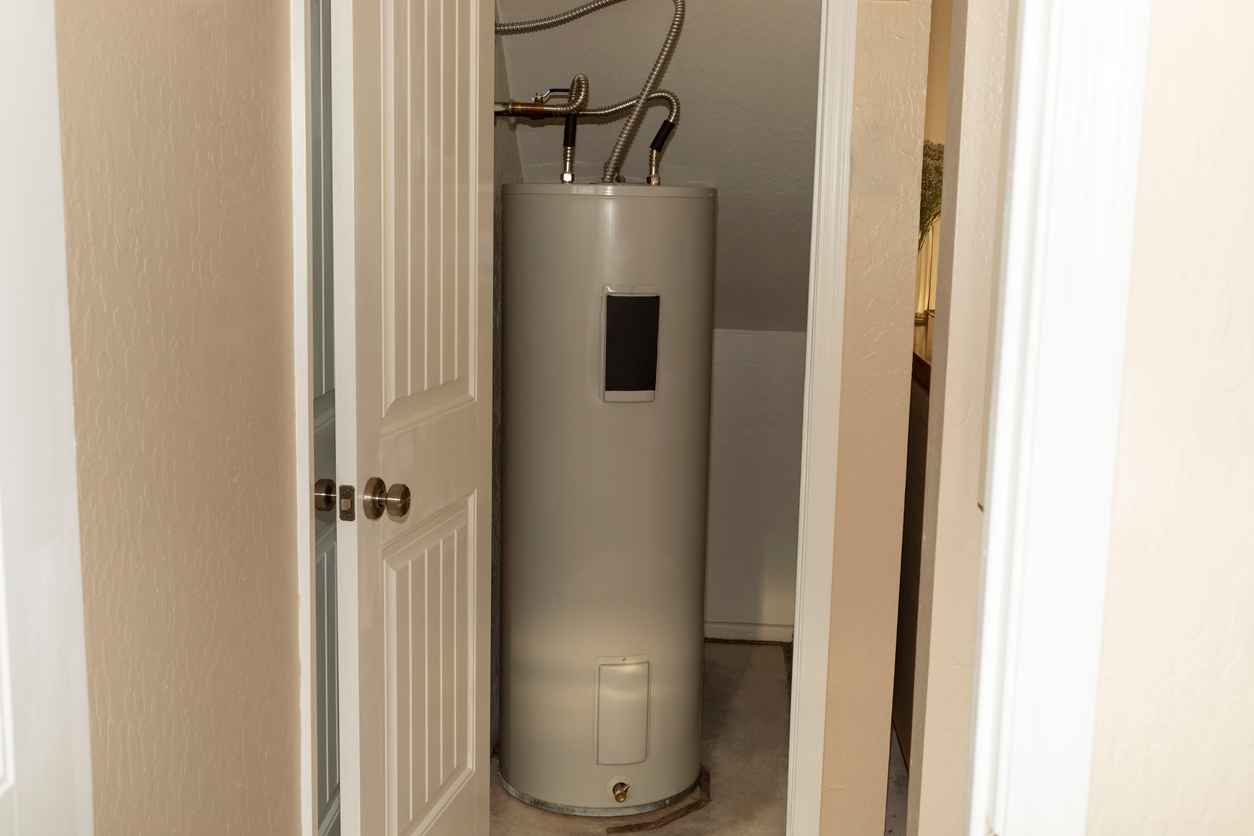Need Service Today? Contact Us Now!

Boiler heating systems are an effective and efficient way to keep homes warm during the cold months. Unlike forced-air systems, boilers use heated water to create a steady flow of warmth, offering comfortable, consistent heat. To understand how a boiler heating system works, it’s essential to know the process that heats your home efficiently and evenly.
What is a Boiler Heating System?
A boiler heating system uses water as a heat transfer medium. The system’s boiler heats water, which is then circulated through a network of pipes. These pipes either radiate heat directly or deliver hot water to radiators or underfloor heating systems, which, in turn, release warmth throughout the home. This type of heating system is particularly effective because it maintains a steady temperature, reducing fluctuations and drafts that can occur with forced-air systems.
How Boiler Heating Systems Work
The core process of a boiler heating system is relatively straightforward:
- Heating the Water: The boiler itself uses a fuel source—typically natural gas, propane, oil, or electricity—to heat the water. When activated, the burner heats the water to a specified temperature, preparing it for circulation. Boilers usually feature a thermostat to maintain the water temperature within the desired range, ensuring efficiency.
- Circulating the Water: Once the water reaches the right temperature, it circulates through pipes. In a hydronic system, heated water flows to radiators or baseboard heaters, which release warmth into the room. In radiant floor heating systems, hot water flows through pipes installed under the floor, heating the floor’s surface to distribute warmth evenly across the room.
- Reheating and Returning the Water: As the water travels through the system, it loses some heat as it warms rooms along the way. By the time the water returns to the boiler, it has cooled down. The boiler reheats it to the set temperature, and the cycle continues, maintaining a comfortable, constant warmth throughout the home.
Types of Boiler Heating Systems
There are several types of boiler heating systems, each with unique features and benefits:
- Conventional Boilers: These boilers heat water and store it in a hot water tank. They’re ideal for larger homes that need hot water in multiple areas simultaneously.
- Combi Boilers: Combination, or “combi” boilers, provide both heating and hot water on demand without a storage tank. They are space-saving and energy-efficient, suitable for smaller homes with moderate hot water needs.
- System Boilers: System boilers heat water directly for central heating and store it for hot water use, but they do not require a separate tank. They’re best suited for homes with higher heating demands.
Benefits of a Boiler Heating System
Boiler heating systems offer a range of advantages over forced-air systems:
- Consistent Heating: Boiler systems create even, consistent heat. Unlike forced air, which can create temperature fluctuations, radiant heat maintains a steady, comfortable temperature throughout the home.
- Energy Efficiency: Boilers are generally more energy-efficient than forced-air systems because they use water, which retains heat better than air. This efficiency translates into lower energy costs, especially when paired with modern, energy-efficient boiler models.
- Quiet Operation: Boiler systems operate quietly since they don’t rely on fans or ducts to distribute heat. This is especially advantageous for households that prioritize a peaceful living environment.
- Improved Air Quality: Since boiler systems don’t use forced air, they don’t spread allergens, dust, or other airborne particles around the house. This results in better indoor air quality, particularly beneficial for people with allergies or respiratory issues.
Key Components of a Boiler Heating System
A boiler heating system comprises several essential parts that ensure it runs efficiently:
- Burner: The component that initiates the heating process by burning the fuel source.
- Heat Exchanger: This part transfers heat from the burner to the water in the system.
- Circulating Pump: This pump moves hot water through the pipes, radiators, or underfloor systems, ensuring efficient distribution of warmth.
- Expansion Tank: This small tank helps maintain system pressure by absorbing excess water volume as it expands when heated.
- Radiators or Underfloor Pipes: Radiators or underfloor pipes emit the heat transferred from the boiler to warm the home.
Contact Rockin Heating & Air for Your Heating System Needs
Understanding how a boiler heating system works can help you appreciate the comfort and efficiency it brings to your home. If you’re considering installing or upgrading your heating system, Rocklin Heating & Air is here to help.
Our experienced team can guide you in selecting the best system for your home and ensure it’s professionally installed. For all your heating needs, contact Rocklin Heating & Air today and enjoy a warm, comfortable home throughout the year.

